
Supporting the Acupuncture Treatment: Chinese Herbal Formulas for Sleep and the Mind
My first exposure to acupuncture and Chinese herbs had layers of experience to it. I started by seeking relief from chronic asthma. Even though this was a lifelong problem for me, the condition disappeared after just a few sessions. The next ailment we worked on was my digestion: a type of IBS I’d also struggled with for many years. This also improved, though it took a bit longer.
However, the change that really captured my imagination was the strong effect acupuncture and Chinese medicine had on my mood, mind and emotional state. This is the major reason I eventually decided to become an acupuncturist myself. I felt having the power to change my mood, shift my mind and regulate my emotions was the most powerful thing I could learn.

Chinese medicine and acupuncture are energetic systems of healing, meaning they assess every condition, disease, disorder or ailment in terms of energy movement. Is there a lack of energy or too much energy? How is it flowing? Is it going the wrong direction? How is the energy of each organ interacting and harmonizing with that of the other organs? These are some of the major assessments made in acupuncture diagnosis whether treating the body or mind.
I’ve been practicing Chinese medicine for over 15 years, and in terms of regulating the mind and emotions my own body is still my best source of research and experience. I am my own laboratory to test the medicine. And being a highly sensitive, emotional human being I have had a lot of opportunity.
Just this morning as I’m recovering from jet lag, I had to assess my feelings of depression, lack of motivation, anxiety, frustration and the accompanying tension in my neck, flanks and arm. My first question was: are these symptoms due to a deficiency of energy (including blood and fluids) or a stagnation of energy?
In my case I needed to “circulate my Liver energy.” The Liver is the organ responsible for the “smooth flow” of the body’s internal energy. When it becomes “pent up” it can create feelings of frustration or depression. Herbal formulas containing the herb Bupleurum (Chai Hu) are the most popular in treating depression or frustration relating to the stagnation of the Liver’s energy. There are two root classical formulas utilizing Chai Hu: “the Major and Minor Bupleurum combinations.” The “minor” version contains Ginseng (Ren Shen) and has more of a tonifying effect for the body’s energy. The “major” version has more of a purgative effect to clear constipation and stagnation in the bowels. They both relieve “constraint” of body energy flow.
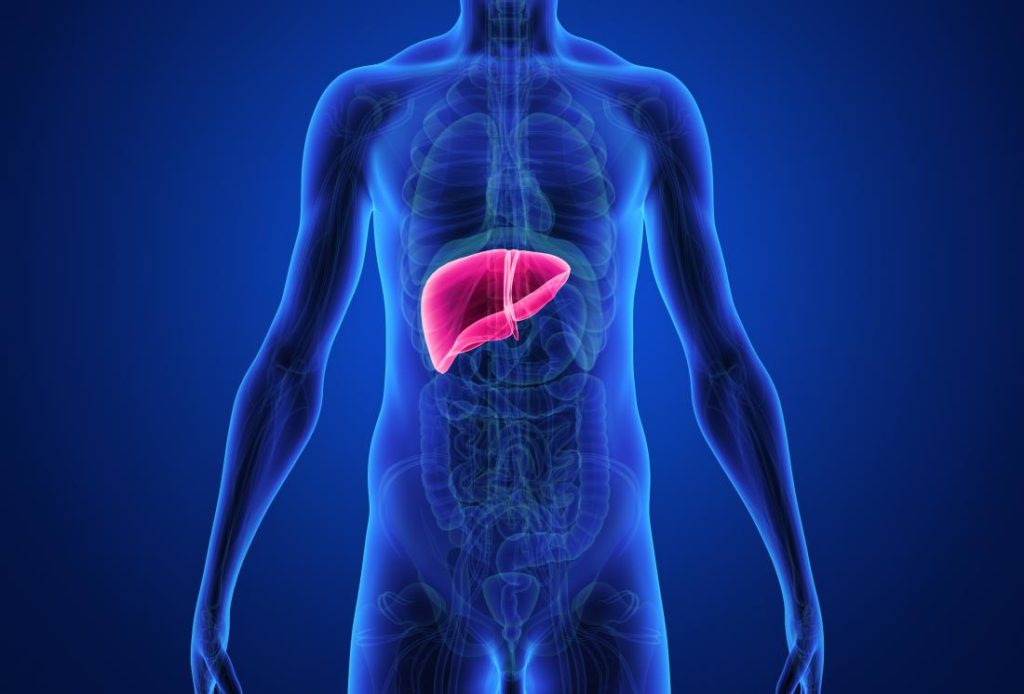
A more modern and popular version of the “Chai Hu formulas” is the “Free and Easy Wanderer: Xiao Yao San.” This is the most utalized formula for Premenstrual symptoms. In addition to the Bupleurum (Chai Hu) that circulates the Liver’s energy, there are also blood and energy building herbs as well as Mint (Bo He) to further circulate Liver energy and open the head which may also feel constrained.
Issues involving the mind and emotions are not only related to stagnant constraint of Liver energy inhibiting smooth flow in the body. There are many other factors that can cause depression, anxiety and all other mental-emotional states.

In classical Chinese medicine, the spirit (Shen) is chiefly associated with the Heart. Shen is collective term for all aspects of the mind, emotions and spirit. The major measure of the Heart and its spirit is sleep. In assessing a person’s general health and wellbeing there are levels of criteria: respiration (which includes immunity), digestion and elimination. Sleep is also within this basic criteria.
Chinese herbal medicine has several classic formulas popularly used for treating insomnia. They represent the various energetic imbalances within the body that can lead to sleep disturbance and also emotional imbalance.
The most popular herb for treating insomnia is Sour Jujube (Suan Zao Ren) which is the chief herb in the formula “Suan Zao Ren Tang: the Sour Jujube combination.”
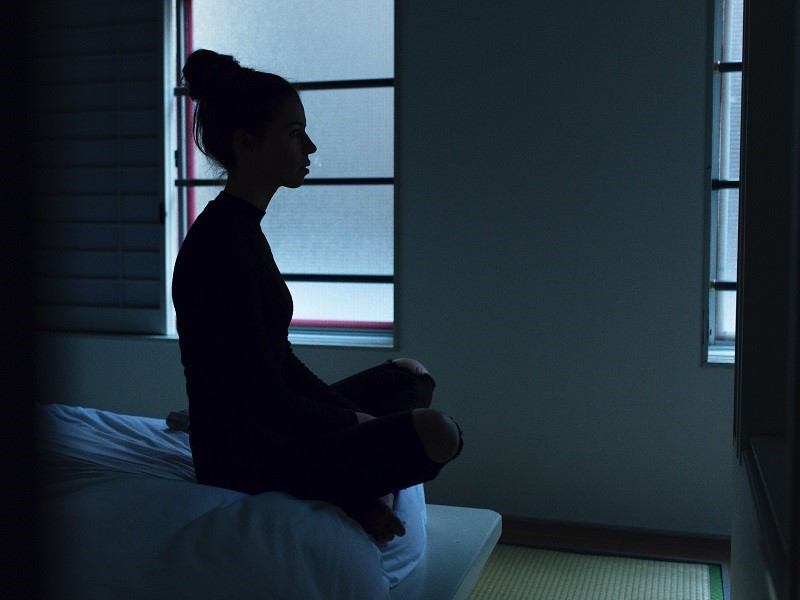
Suan Zao Ren is a nourishing herb for the Heart and Liver. It also strongly calms the spirit and has an astringent quality to it, stopping night sweating, but also leakage of the spirit. Suan Zao Ren keeps a person from waking at night, and reduces agitation via calming but also nourishing the organs that support the spirit and mind.
There is a common principle in Chinese medicine called “Sheng Hua”: whenever we are building or nourishing a body resource like blood, fluids or energy there must also be something that moves and circulates that resource. Suan Zao Ren builds blood. Ligusticum (Chuan Xiong), the assistant herb in the “Suan Zao Ren Tang” moves the blood and energy to keep it from stagnating. This herb also “expels wind” and stops pain, exerting a particularly strong effect on the head. Wind is a metaphorical term used for muscular or neurological agitation.
We saw with the “Chai Hu formulas” the importance of releasing constraint of energy when treating the mind and emotions. The “Sheng Hua” theory says that movement flow must be promoted even when building blood or energy. It is not enough to just create more resources for the body. If there’s not adequate circulation and movement, stagnation can result, which is seen as one of the major causes of depression.
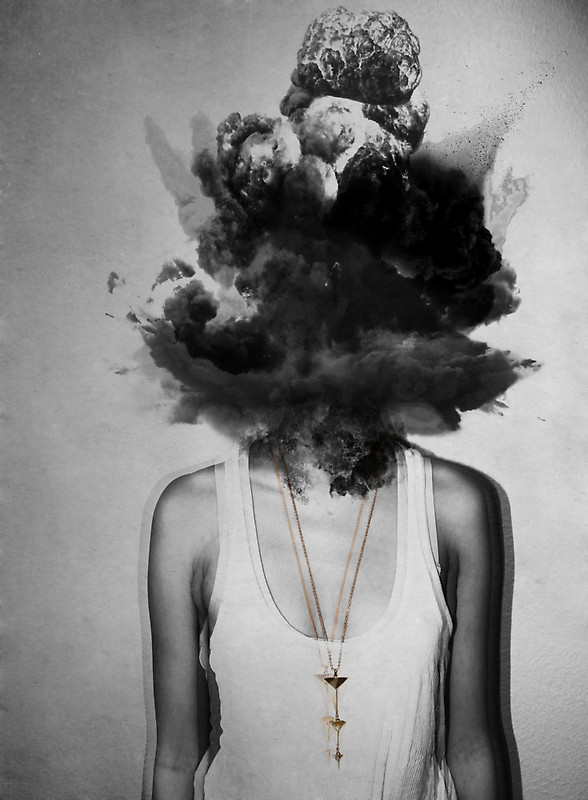
For the spirit to remain calm, there must be adequate nourishment of blood, fluids and energy as well as proper circulatory flow. The strategy involved in nourishing the spirit via blood is called “quieting the heart spirit.” The combination of Suan Zao Ren and Chuan Xiong achieve this strategy.
The remainder of the “Sour Jujube formula” contains herbs that both nourish fluids as well as drain dampness, achieving another aspect of “Sheng Hua” to make sure they are enough fluids to nourish the body, yet ensuring there is not water accumulation. Anemarrhena (Zhi Mu) nourishes fluids as well as clears heat that may agitate the spirit. Poria (Fu Ling) drains damp accumulation as well as strengthens the digestive system (including the mind) and calms the spirit. Gan Cao (Licorice) is added to bring the effects of the formula into all the organs and channels and allow harmonious interaction amongst all the herbs.
“Suan Zao Ren Tang” is an extremely elegant formula. Yet clinically it is indicated more when the sleep disturbance is rooted in a blood deficiency affecting the Liver. Suan Zao Ren is a sour herb which means it is directed towards the Liver’s ability to “store blood” so the spirit feels there is enough of a basis in which to rest and reside.
There is another basic assessment for the spirit called “Fan Zao: agitation and restlessness.” Agitation is most associated with an excess in the Heart usually in the form of heat. Agitation usually means the mind is unsettled. Restlessness has more body involvement: restless limbs for example. It is most associated with the Liver as it generates “wind”: neurological or muscular tension.
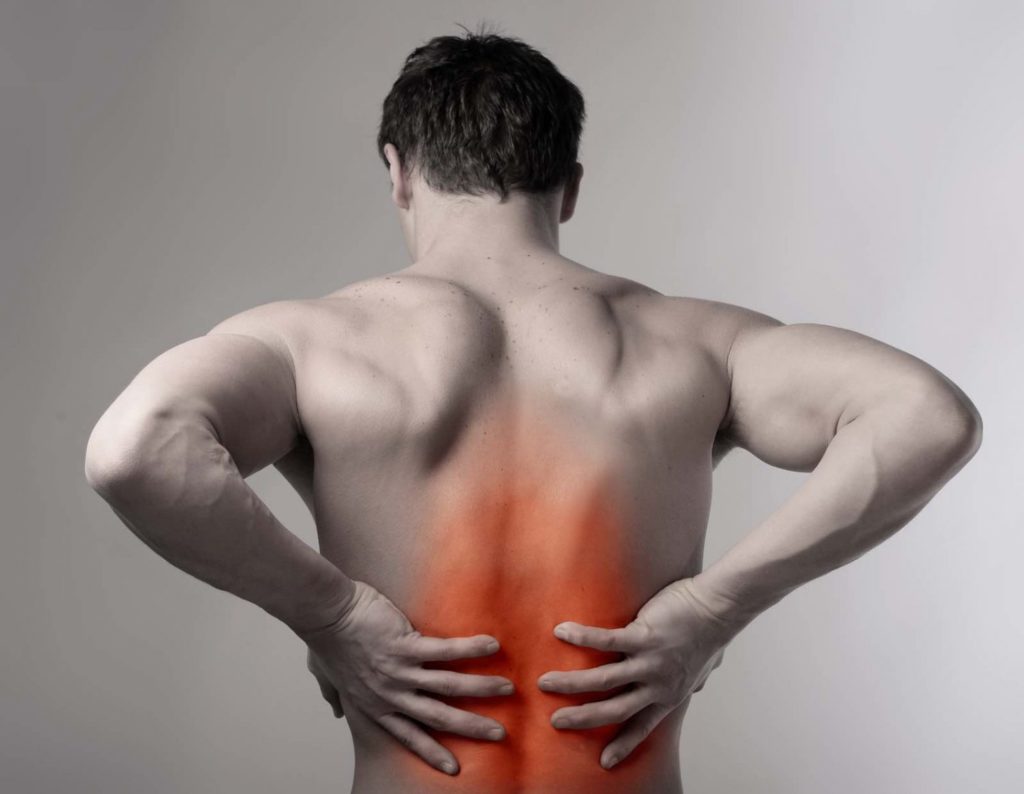
“Suan Zao Ren Tang” is indicated for restlessness, whereas the formula “Biota Seeds to Nourish the Heart: Bai Zi Yang Xin Wan” with Biota Seeds (Bai Zi Ren) as the chief herb is more for agitation and mental exhaustion.
Bai Zi Ren nourishes the Heart and calms the spirit, also promoting bowel movement for constipation. The remainder of the “Bai Zi Yang Xin Wan” consists of herbs that both nourish the fluids: the deep Yin of the body which anchors the Heart spirit. The herbs also clear “heat in the blood” that can agitate the mind and spirit. There is an added element to this formula in the form of an herb that “opens the portals of the mind.” Acorus (Shi Chang Pu) is an herb the calms the spirit while also opening the mind and senses. It transforms phlegm which can manifest in the form of confusion or subtle agitation.
This formula focuses on the “Yin” or clear fluids that support the mind while transforming and draining turbidity that can manifest as confusion. It also clears heat in that can agitate the mind and spirit.
Within Chinese medicine, the spirit is said to circulate through the blood. Therefore “heat in the blood” infers agitation to the spirit that prevents it from settling and remaining calm.
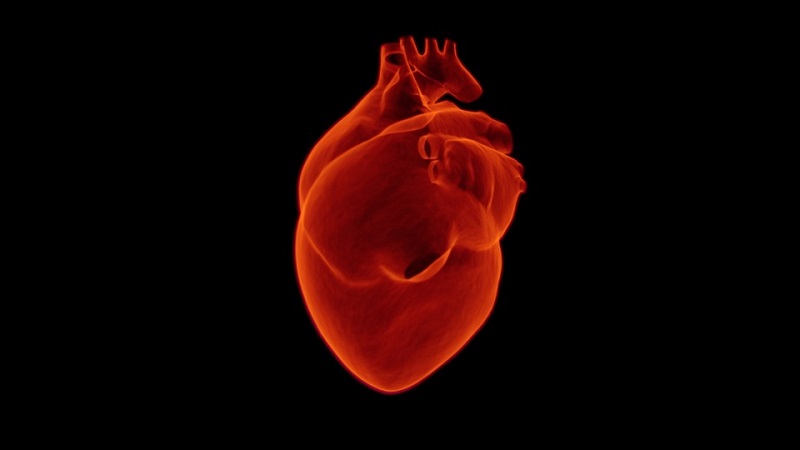
“Tian Wang Bu Xin Dan: Heavenly King to Tonify the Heart Elixir” is another Yin nourishing formula that goes even further to address the Kidneys as well as the Heart, as well as their very important relationship with one another. The Heart-Kidney relationship is extremely important to a person’s mental health and sense of well-being. This formula focuses on the Heart being inadequately supported by the Kidneys and Spleen, therefore working chiefly on the Yin of the Kidneys and blood of the Spleen to support the Heart spirit. It is an anchoring as well as harmonizing formula to promote a sense of trust, faith and well-being within oneself.
“Tian Wang Bu Xin Dan” is a large formula with several herbs to nourish the Yin and calm the spirit, containing both Bai Zi Ren and Suan Zao Ren, addressing both agitation and restlessness. It also addresses the Spleen’s digestive capacity via Ginseng (Ren Shen). Longan (Long Yan Rou) is the chief herb to help concentration and mental focus. Like the prior formula there is another herb that helps “open the portals of the mind” which also transforms phlegm-confusion: Polygala (Yuan Zhi).
Another formula that is very popular for mental fatigue but also treats insomnia and restlessness is “Restore the Spleen Combination: Gui Pi Tang.” This formula focuses on the Spleen failing to support the Heart spirit due to exhaustion usually for worry, overthinking and obsessing. Its chief herbs tonify Qi energy instead of focusing on Yin or blood. Ginseng (Ren Shen), Astragalus (Huang Qi) and Atractylodes (Bai Zhu) strengthen the Qi producing capacity of the Spleen to support the Heart. Long Yan Rou also supports Spleen energy as it nourishes and calms the Heart. Saussurea (Mu Xiang) is an aromatic herb that moves qi energy, especially in the intestines and abdomen, satisfying the “Sheng Hua” strategy that whatever resource is being build must also be circulated. Yuan Zhi is added to open the portals of the mind and transform phlegm. Fu Ling is added to drain dampness: fluid complications that can inhibit the building of the Spleen’s energy.

Treatment of the Qi-energy dynamic impacting mental health is also the focus of another formula used for phobias and deep fears: “Settle the Will Pill: Ding Zhi Wan.” Ginseng (Ren Shen) is the chief herb in this formula to strengthen the Qi energy of the Kidneys as well as the Spleen: to build the root energy of the person to support the Heart spirit. Both of the popular herbs used to “open the portals of the mind” are combined in this formula: Yuan Zhi and Shi Chang Pu. Fu Ling is also added to both strengthen the Spleen (mind) and drain dampness causing confusion and inhibiting mental function. The combination of these four herbs builds much qi energy to transform phlegm dampness (confusion) that is allowing unconscious fearful states to persist. Phlegm can act like a ghost that haunts a person: cloudy and heavy. To treat phlegm, the Spleen energy that supports the mind must be strengthened and the mental portals “opened”
Sometimes it’s not phlegm (confusion, unconscious hauntings) that disturb the spirit but “wind”: the metaphor for change. When a person is vulnerable to change, occurring either outside of them or within, this is seen as a “wind” issue. The formula “Gambir Drink: Gou Teng Yin” is designed for this. “Wind” issues often manifest neurologically or sensorially as tinnitus, dizziness, tremors. Ginseng (Ren Shen) is also featured as the prominent herb in this formula to build back a person’s vitality, strength and endurance. While “wind extinguishing” herbs like Gou Teng, Tian Ma, Qian Xie and Ling Yang Jiao are added to stop the neurological symptoms.
Wind can also manifest as aggression when the Yang expression of the Liver becomes exuberant, often due to fire/inflammation or longterm stagnation from frustration. The formula “3 Shells to Restore the Pulse combination: San Jia Fu Mai Tang” treats this. The shells included in this formula: Oyster Shell (Mu Li) as well as turtle shells (Gui Ban and Bei Jia) are key for settling the Yang to diminish aggression. The other herbs within this formula nourish Yin to anchor and contain the Yang, promoting a greater state of quietude, ease and calm. The herb Peony (Bai Shao) “softens the Liver” to ease frustration.
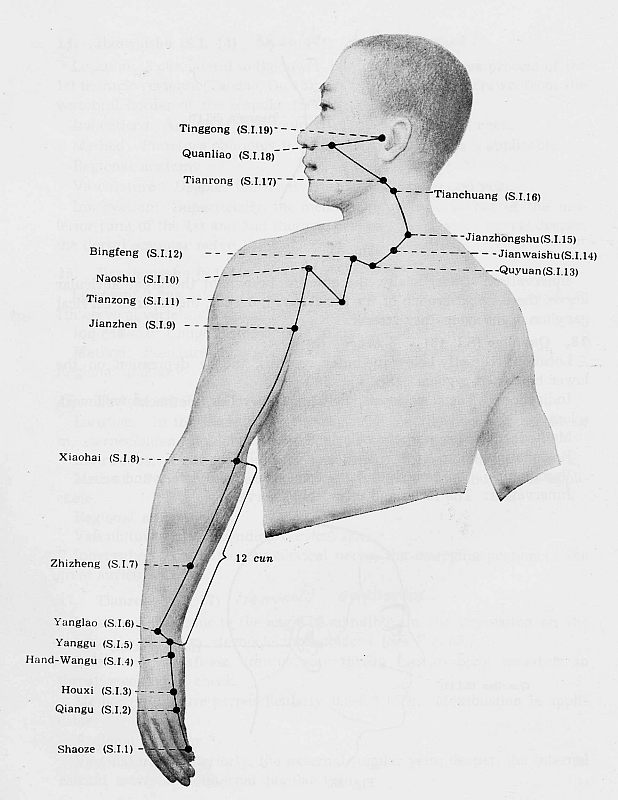
The strategy of “nourishing Yin” promotes a sense of contentment and containment, especially when there is agitation or extreme expressiveness of emotion. “Nourishing the blood” especially within the Heart creates a sense of quietude. While “tonifying the Qi” especially the Spleen, Kidneys and Lungs stabilizes and strengthens the mind to deal with outer circumstances and change. To “extinguish wind” clears the immediate agitation related to the changing circumstances to give the person a break from the pressure of whatever is challenging them.
The combination of strategies within herbal formulas directs the effect. For example “Gui Pi Tang” tonifies the qi of the Spleen and nourishes the blood of the heart. Therefore the effect is that of strengthening the mind to quiet the spirit. “Tian Wang Bu Xin Dan” nourishes the Yin of the Kidneys and Heart to promote a sense of contentment and containment relating to the relationship between the self (Kidneys) and the spirit (Heart): who we are and how we are acting. The spirit relates to what we are doing in life: our sense of animation and curiosity. The Kidneys manage the willpower. This formula therefore creates a sense of ease to the willpower in relation to the anxiety we may feel relating to our path in life.
To “transform phlegm” as in “Ding Zhi Wan: settle the will” tonifies the qi to strengthen the mind, but also the willpower. Ginseng is a herb that strengthens the Spleen (mind) as well as the Kidneys (willpower) so a person can face their unconscious fears through “opening the portals of perception” and transforming phlegm (confusion) via the Acorus and Polygala herbs.

Acupuncture is obviously more immediate in its effect on the mind and emotions. But herbal medicine can act as a more longterm support resource. Healing often requires a catalyst to create a change. But it also requires the ability to digest and assimilate that change in order to make it permanent. Herbal medicine as something we ingest everyday can continue the effects of a cathartic acupuncture treatment, reminding the body daily so change can occur smoothly and more quickly.



No Comments